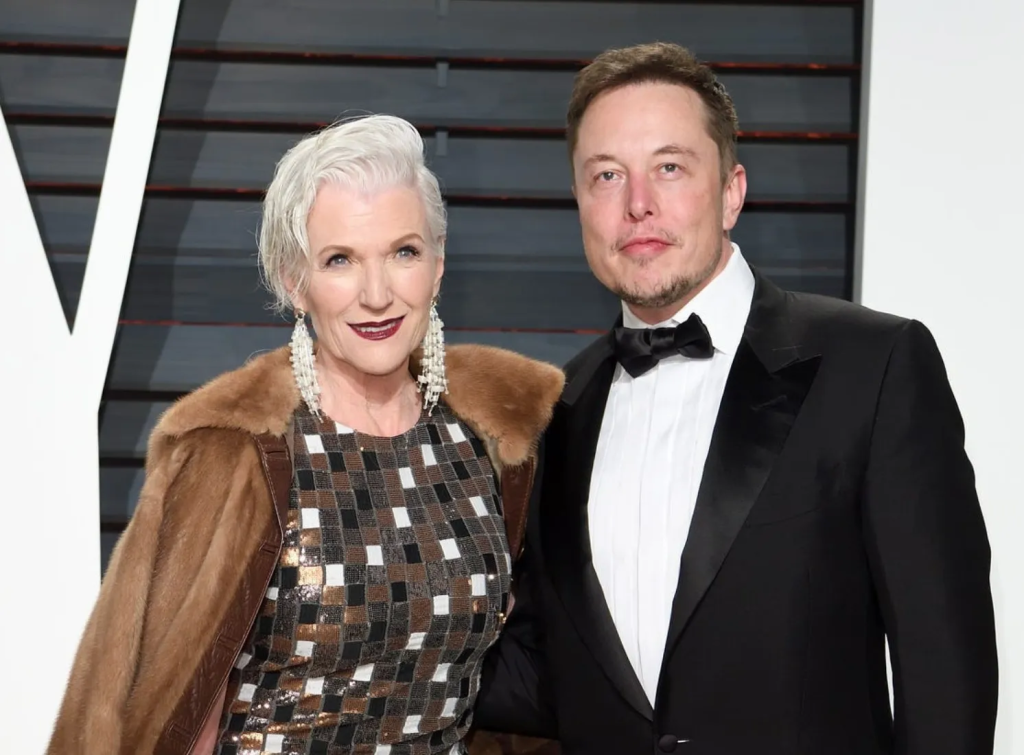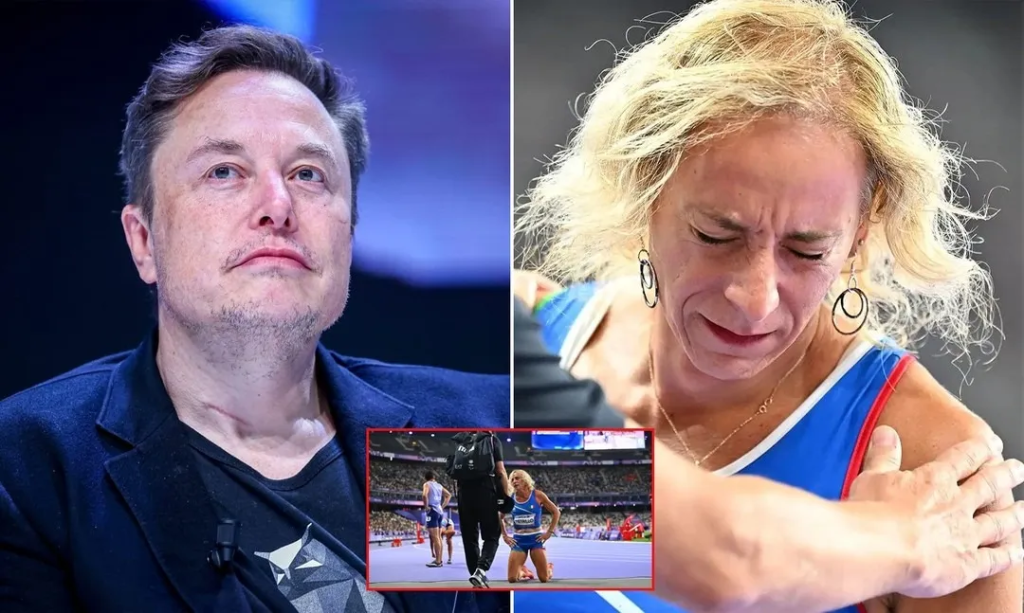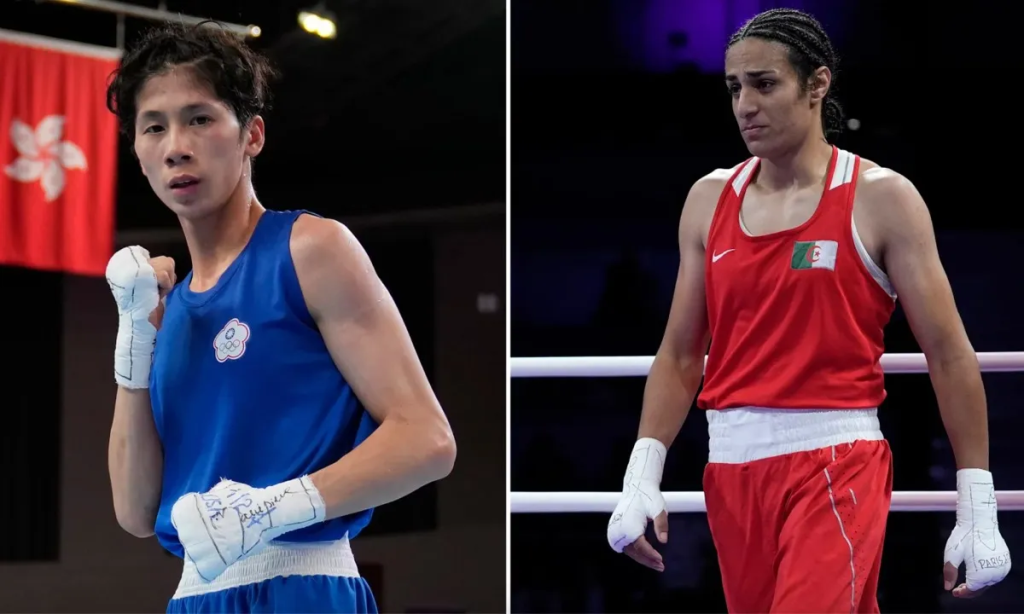The recent statement made by Maye Musk, the mother of billionaire entrepreneur Elon Musk, has sparked a massive stir on social media and in public discourse, leading to intense and divided reactions. Maye, widely known for her unwavering support of her son, further shocked both supporters and critics by aligning herself with one of his more controversial viewpoints. This particular statement, which centered on the issue of biological males competing in women’s sports, has ignited a heated debate that touches on fairness, inclusion, and the very definition of gender in the context of professional athletics.

In a bold and provocative message that rapidly went viral across the internet, Maye Musk expressed her views on the implications of male athletes transitioning to female competitions. The phrase that captured widespread attention was, “Boycott biological men in women’s sports.” This statement has since become a focal point for passionate debates surrounding the integrity of competitive sports, with many arguing that the physical advantages often associated with male athletes could create an unfair playing field in women’s competitions. For some, this statement is seen as an attempt to safeguard fairness and protect the rights of female athletes who may be at a disadvantage when competing against transgender women.
However, while some rally behind Maye Musk’s controversial statement, others have sharply criticized it, accusing her of being transphobic and misinformed. Critics argue that the participation of transgender athletes in female competitions is fundamentally about human rights, inclusion, and respect for each individual’s gender identity and expression. These opposing views highlight the complexities of the issue and underscore the ongoing struggle between advocating for fairness in competitive sports and ensuring that all athletes, regardless of gender identity, have the opportunity to compete on an equal footing.

Maye Musk’s endorsement of her son Elon Musk’s views, who has frequently shared his own opinions on controversial topics, sheds light on the family dynamic that prioritizes freedom of expression and the defense of personal principles. In this context, her statement aligns with Elon’s broader approach to public discourse, where he has often made bold and polarizing statements on social, political, and cultural issues. Maye’s public stance on this issue reinforces her belief in standing by her convictions, even in the face of significant backlash.
The reaction to Maye Musk’s statement underscores the deep polarization of opinions regarding gender issues in sports. On one hand, proponents of inclusion argue that transgender athletes should be allowed to compete in the gender category with which they identify, as a matter of equality and civil rights. On the other hand, those who support Maye’s perspective raise concerns about the physical disparities that may exist between male and female athletes, especially in high-level competitions where every advantage can make a significant difference. Both sides present valid and important arguments, but they are often in direct conflict with one another, creating an ongoing tension that is difficult to resolve.

As the debate continues to evolve, it is clear that this issue is not going away anytime soon. The growing presence of transgender athletes in professional sports has brought the topic of gender identity and competition fairness to the forefront of global conversations. Organizations and governing bodies within sports are under increasing pressure to address these concerns and create policies that strike a balance between inclusion and fairness. However, finding a solution that satisfies all parties may prove to be an ongoing challenge, with no easy answers in sight.
The controversy surrounding Maye Musk’s statement highlights the broader complexities of gender issues in the 21st century, particularly in the realm of sports. It underscores the tensions between advocating for the rights of transgender individuals and ensuring that women’s sports maintain a level playing field. As society continues to navigate these issues, the debate over the inclusion of transgender athletes in women’s competitions is bound to intensify, with more voices weighing in on both sides of the issue.
In the wake of Maye Musk’s statement, the conversation about gender, rights, and justice in sports is only beginning to unfold. This is a multifaceted issue that touches on questions of fairness, equality, and personal freedom, and it is likely to continue to evolve as both the public and sporting institutions grapple with how to address it. The debate is far from over, and many are eagerly awaiting the next developments in this ongoing controversy. As the world watches, it will be fascinating to see how this issue is handled in future regulations and how it influences the behavior of sports organizations and their policies moving forward.


